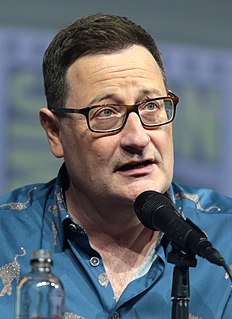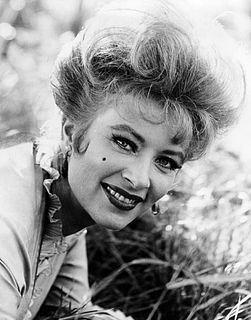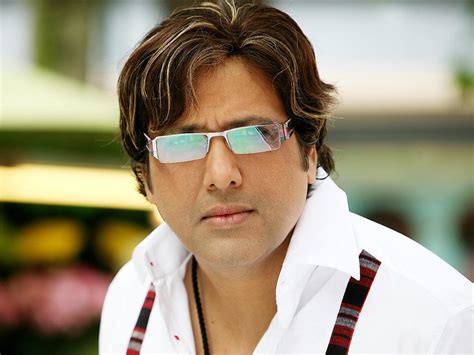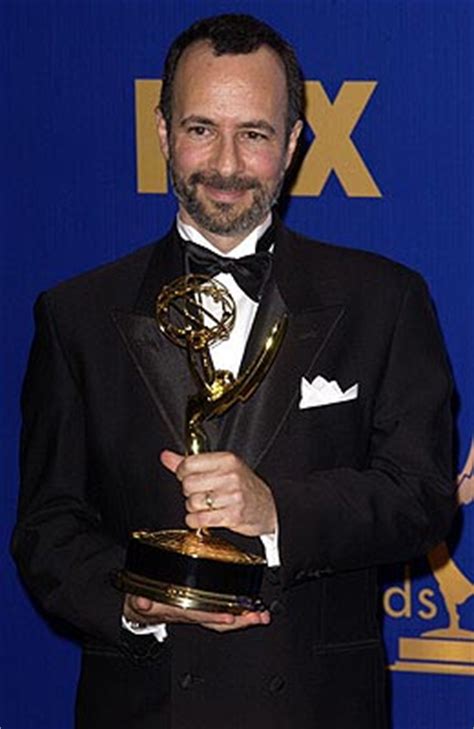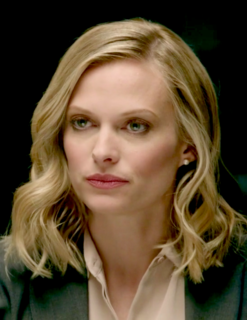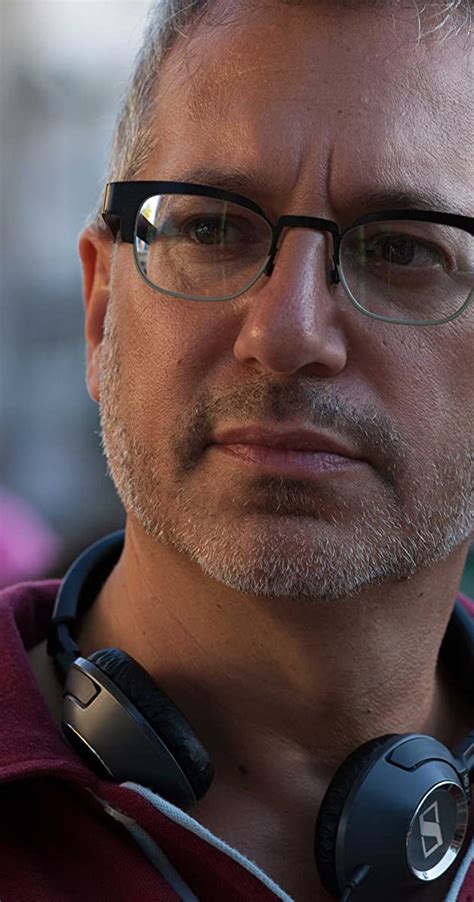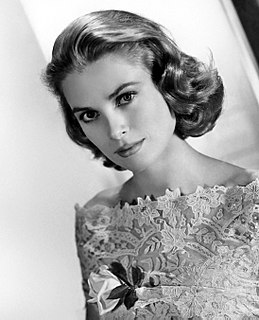A Quote by Chris Chibnall
Some scenes take days and weeks, and some scenes take an hour.
Related Quotes
Somebody comes to your house. You know they're coming, so it's not a surprise. And they give you an envelope that has your scenes in it. And they sit in the car outside for a half an hour while you read your scenes, then they ring your doorbell and you give your scenes back. Then you shoot the movie a few weeks later or something. The next time you see your scenes is the night before you start shooting. I never read the script [Blue Jasmine], so I didn't really know what it was about.
My writing's like a journey. I'll know some of the stops ahead of time, and I'll make some of those stops and some of them I won't. Some will be a moot point by the time I get there. You know every script will have four to six basic scenes that you're going to do. It's all the scenes where your characters really come from.
